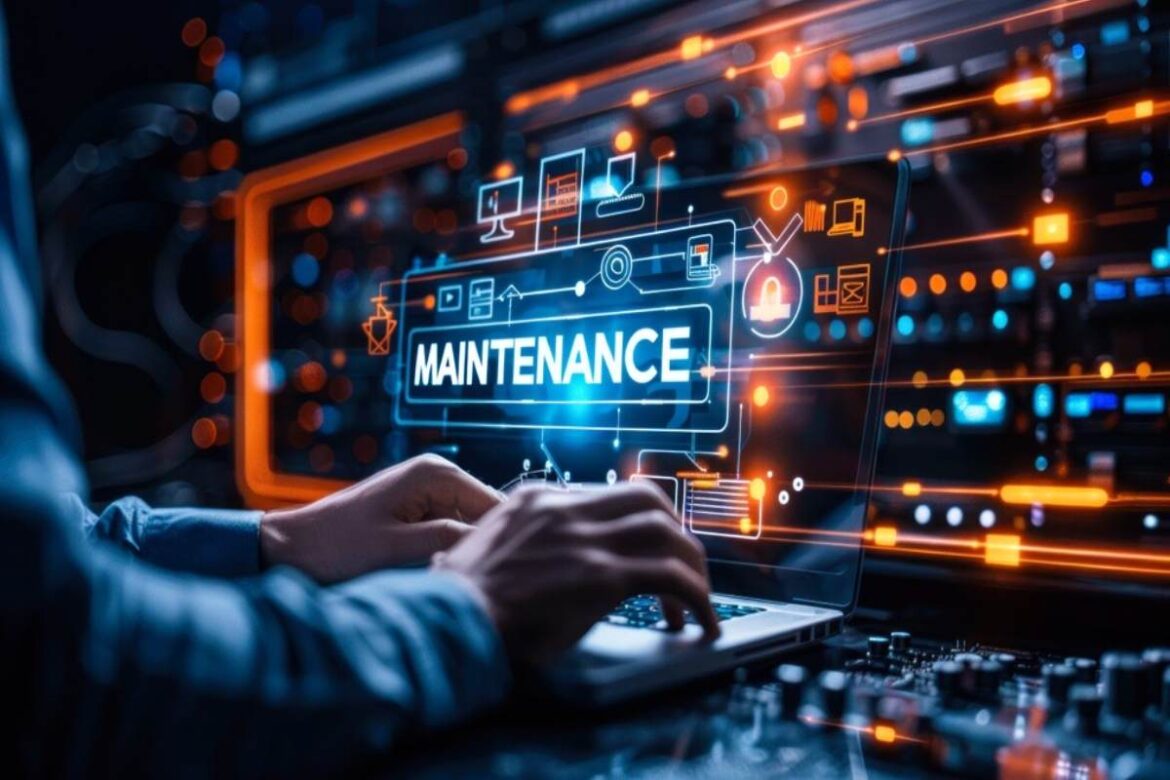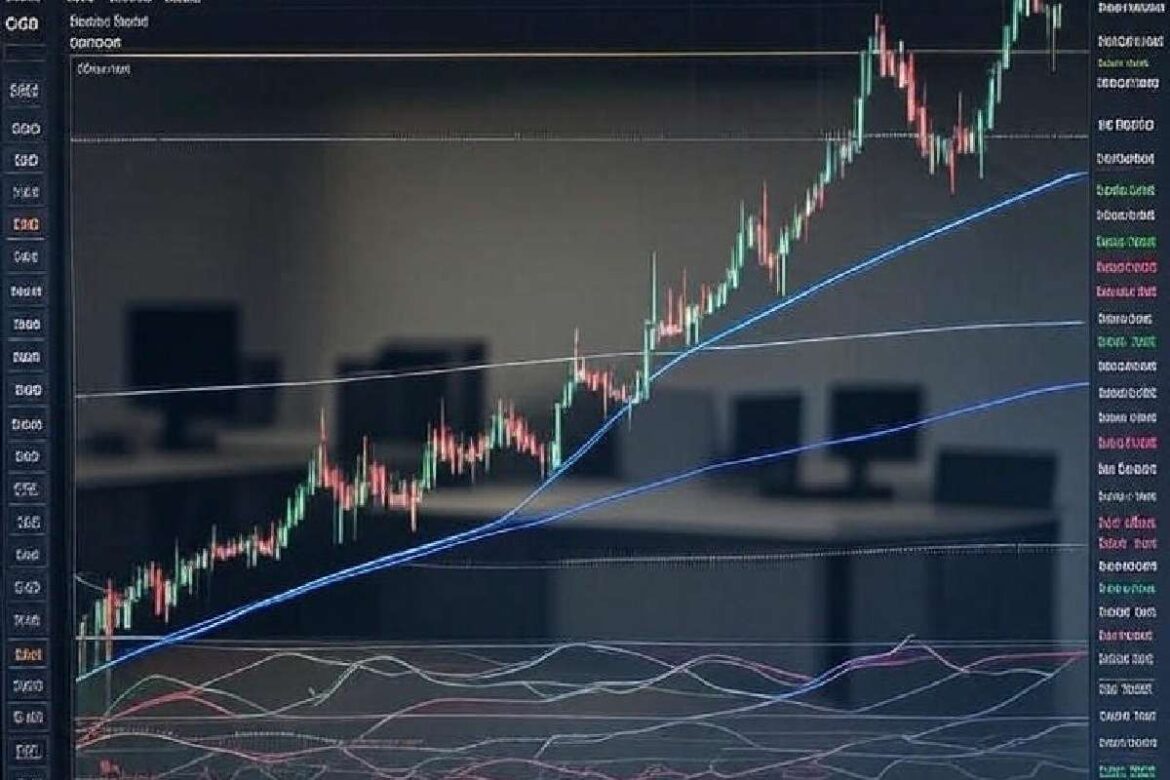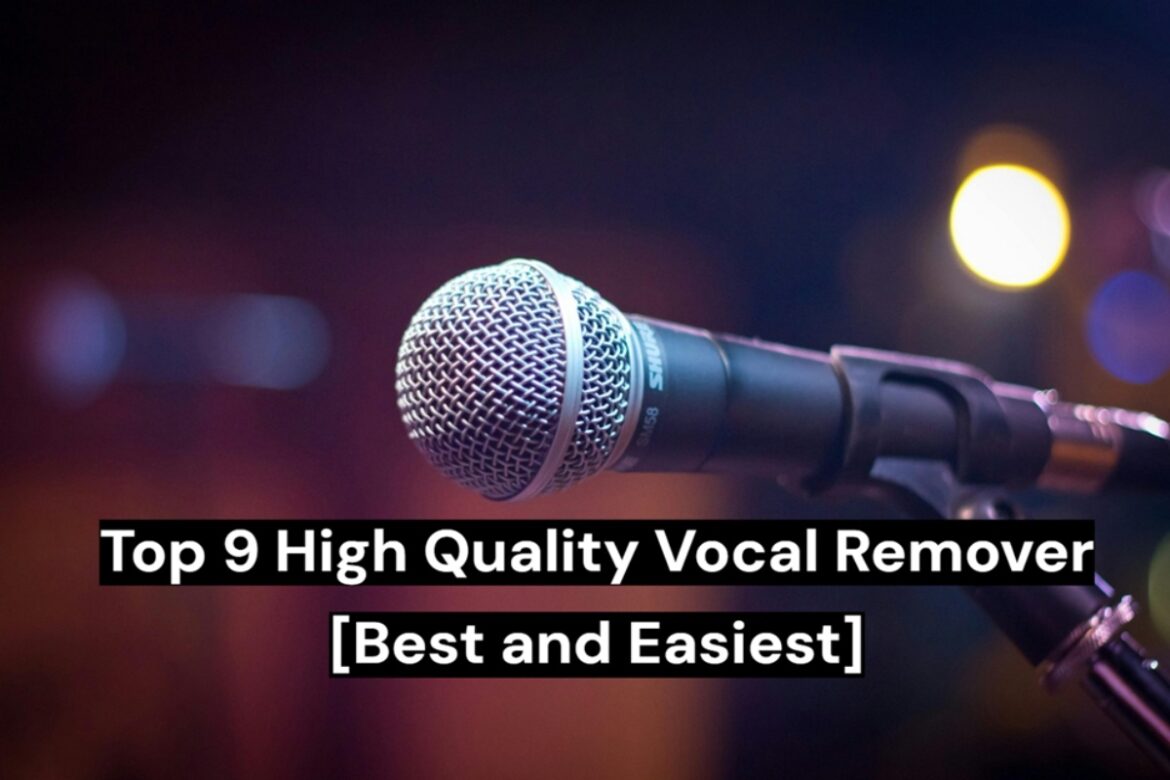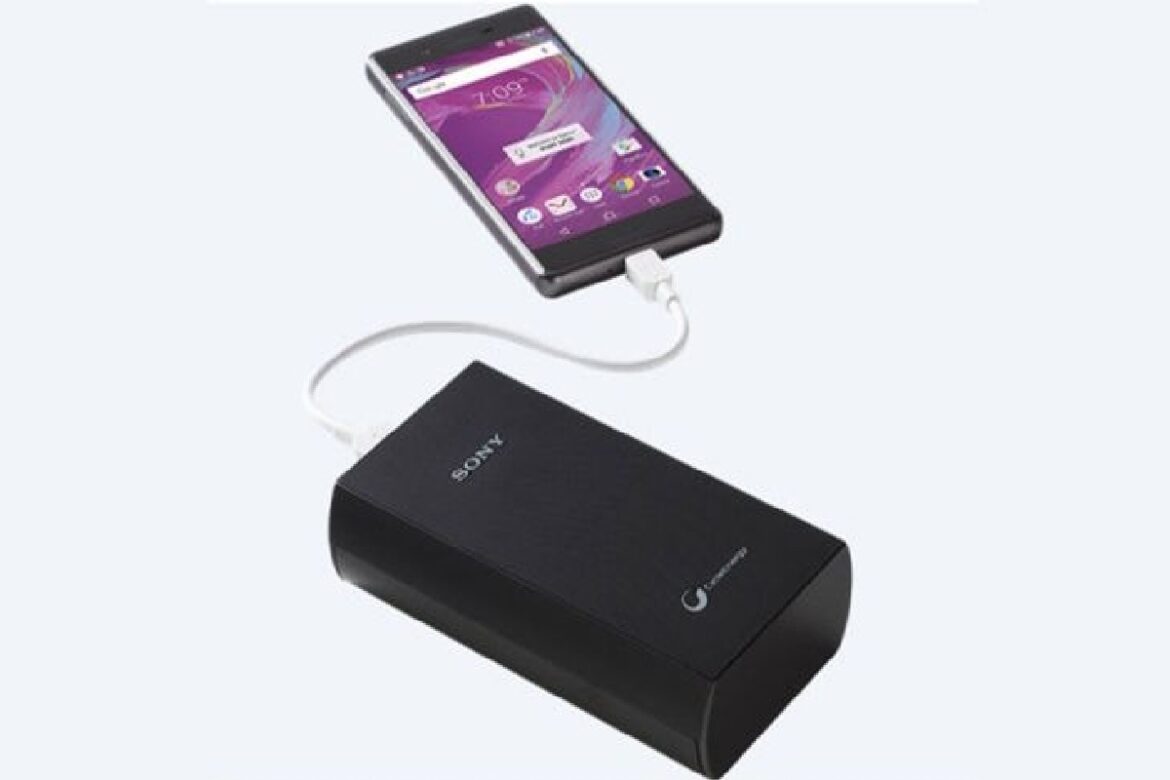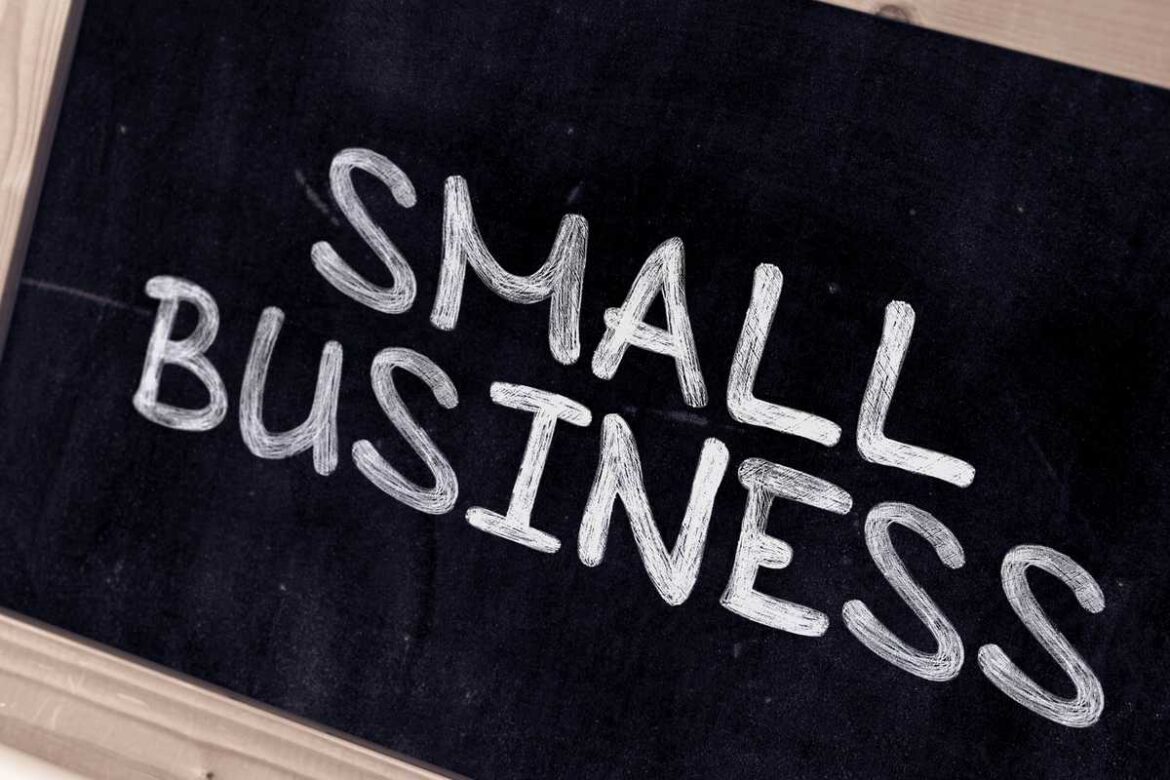Buying a used automatic car requires careful evaluation beyond just the price. Factors like transmission condition, overall mechanical and electrical health, ownership history, running costs, and financing options all play a role in ensuring a reliable purchase. Many buyers also explore financial solutions such as a second hand car zero down payment plan, which can make ownership more affordable.
Table of Contents
Assessing the Condition of the Automatic Transmission
When buying a used automatic car, the transmission is one of the most important components to check, as repairs can be costly and complex.
- Smoothness of gear shifts:
A well-functioning automatic transmission should shift gears smoothly without jerks or delays during acceleration, deceleration, and stop-and-go traffic. - Test drive observations:
Watch for warning signs such as delayed gear engagement, unusual noises, or sudden jerks while shifting. These can indicate potential issues. - Service history importance:
Regular maintenance, especially documented transmission fluid changes, helps reduce the risk of hidden problems and ensures the transmission is in good condition. - Impact on ownership costs:
Since automatic transmission repairs are expensive, thoroughly assessing this component can prevent future financial strain and ensure long-term reliability.
Checking Overall Mechanical and Electrical Health
When evaluating a used automatic car, it’s important to assess the overall mechanical and electrical condition to avoid surprises later.
- Engine and performance:
Ensure the engine runs smoothly, accelerates without hesitation, and has no unusual noises or vibrations. - Brakes, suspension, and steering:
Test braking efficiency, suspension response, and steering alignment to confirm safe and comfortable handling. - Electrical systems:
Check dashboard indicators, sensors, and onboard electronics. Persistent warning lights or inconsistencies may indicate deeper issues. - Professional inspection:
A qualified mechanic can spot wear, tear, or hidden faults that might not be obvious during a short test drive, helping prevent costly repairs later.
Verifying Ownership History and Documentation
When buying a used car, confirming ownership and paperwork is crucial to avoid legal or administrative issues.
- Check registration details:
Ensure the registration certificate matches the seller’s information and that vehicle identification numbers (VIN/engine number) are consistent across all documents. - Review ownership transfers:
Confirm all previous ownership transfers were completed properly to avoid disputes or pending liabilities. - Verify insurance records:
Look for past claims and ensure the insurance is current, valid, and transferable. - Examine service records:
Maintenance history provides insight into how the car was cared for and potential long-term reliability. - Avoid incomplete or inconsistent paperwork:
Missing or mismatched documents can complicate ownership transfer and future resale, so ensure everything is accurate and complete before purchase.
Platforms like Bajaj Markets can help simplify the process of financing a used car, offering access to multiple lenders and loan options while buyers focus on selecting the right vehicle.
Evaluating Running Costs and Long-Term Expenses
To make a smart used car purchase, it’s important to look beyond the price and understand the ongoing costs of ownership.
- Fuel and servicing:
Automatic cars often cost more to run than manual ones; consider fuel efficiency and service charges. - Transmission maintenance:
Automatic transmissions require specialised servicing, which can add to long-term costs. - Spare parts and service centres:
Availability affects convenience and overall ownership experience. - Budget alignment:
Understanding these costs helps buyers compare options beyond just the purchase price.
Understanding Pricing, Value, and Financing Options
Pricing for second-hand automatic cars depends on factors like age, condition, brand, and mileage. Comparing similar models in the market helps buyers identify fair value.
- Financing options:
Buyers can explore solutions like second-hand car zero down payment plans to manage upfront costs. - Understanding loan terms:
Check interest rates, loan tenure, and repayment schedules to assess affordability. - Using financial marketplaces:
Platforms like Bajaj Markets offer access to multiple lenders, making it easier to compare financing options alongside car selection.
Even with financing, it’s important to review the total cost of ownership to make a well-informed decision.
Importance of a Thorough Test Drive
A test drive is essential to understand a used car’s real-world performance and comfort beyond what documents can show.
- Performance in different conditions:
Observing the car in traffic, on open roads, and on inclines reveals how it handles varied driving situations. - Handling and comfort:
Braking response, steering stability, cabin noise, seating comfort, and visibility indicate overall usability. - Transmission behaviour:
For automatic cars, smooth gear shifts without jerks or delays signal good transmission health. - Time and observation:
Spending sufficient time during the test drive helps assess the car accurately, rather than relying on appearance or price alone.
Conclusion
A thorough assessment of a used automatic car helps buyers avoid surprises later and make informed decisions. Considering convenient financing options such as, a second hand car zero down payment plan through trusted platforms like Bajaj Markets, ensures that both upfront and long-term costs are manageable. Combining careful evaluation with smart financial planning makes the process of buying a used car simpler, safer, and more cost-effective.


